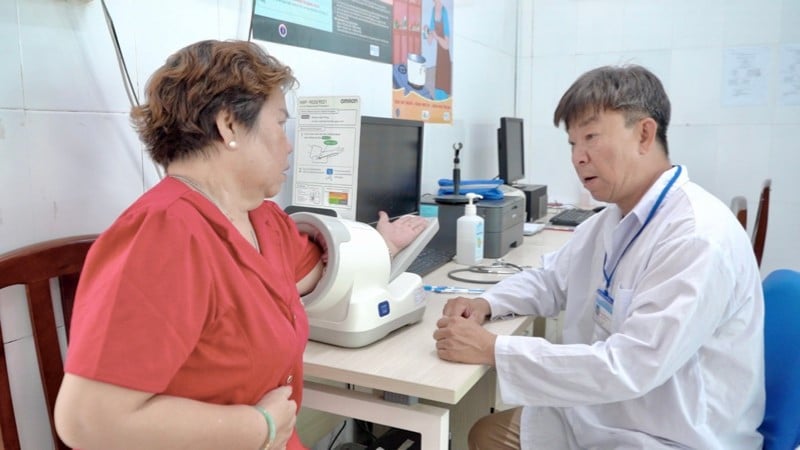
Aiming at the goal of managing and treating non-communicable diseases right in the community, since 2023, the Ho Chi Minh City health sector has launched the WHO PEN program, an essential intervention package on non-communicable diseases in primary health care.
After more than two years of implementation, the program has expanded from 43 primary health care stations to 193 stations. This is an important step forward, contributing to bringing essential health services closer to the people, reducing the burden on upper-level health care and increasing the opportunity for early detection and treatment of diseases.
The highlight of the program is to improve the professional capacity of the grassroots medical team through training, continuous education and application of information technology to monitor treatment effectiveness, remind follow-up appointments, remote monitoring and patient management.
According to the City Center for Disease Control, compared to the end of 2024, the number of patients coming to see a doctor and receiving medicine at health stations has increased significantly. Of which, patients with high blood pressure increased from 7,727 to 13,782 cases; patients with diabetes increased from 2,636 to 4,362 cases.
Dr. Nguyen Ngoc Thuy Duong, Deputy Director of the Center for Disease Control, said: “The rate of patients with hypertension and diabetes returning for follow-up visits after three months has increased significantly. This has resulted in more than 80% of patients maintaining stable blood pressure, and 70% having good control of blood sugar.”
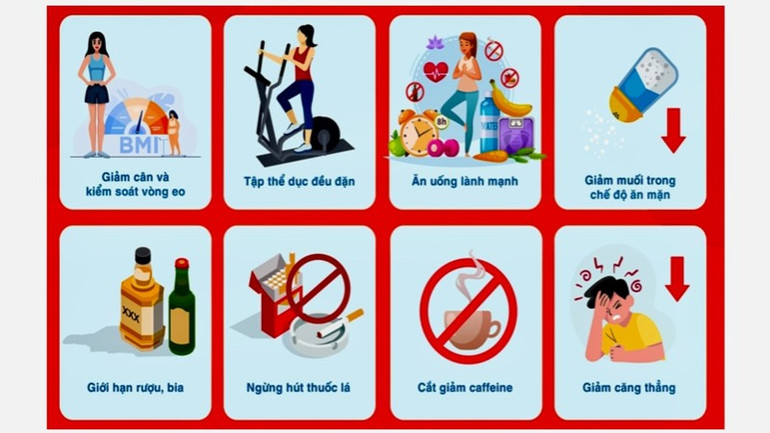
Not only that, data from the City Social Insurance shows that in the first six months of the year, the number of patients receiving health insurance at the grassroots level increased by about 30% compared to the same period in 2024. This is a clear demonstration of the effectiveness of health care at the grassroots level.
According to Dr. Nguyen Van Vinh Chau, Deputy Director of the Department of Health, the essential intervention program on hypertension and diabetes has demonstrated the important role of the grassroots health system in primary health care. With synchronous investment in human resources, equipment, essential drugs and management technology, the WHO PEN model can be fully replicated and promoted sustainable effectiveness.
Surveys of medical facilities also show that high blood pressure is often not clearly recognized by patients because there are no obvious symptoms, there are no regular health check-ups, and communication and education about high blood pressure is inadequate.
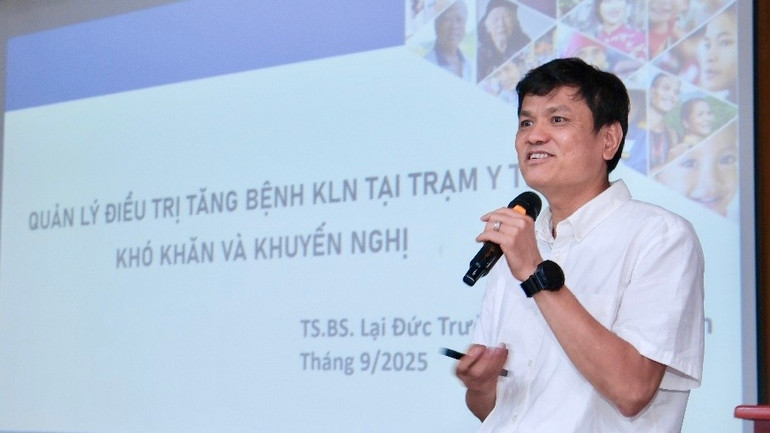
To improve the effectiveness of disease screening, Dr. Lai Duc Truong, a technical officer at the World Health Organization (WHO), said: "It is necessary to clearly define the role of health stations in managing non-communicable diseases, adjust professional guidelines to suit community practices, and gradually expand the list of managed diseases."
These are necessary proposals, because in practice, in many health stations, the supply of drugs has not been synchronized due to many reasons such as changes in personnel in charge, the drug planning process is not thorough, or patients have not been included in the management of hypertension and diabetes. Specifically, in the first eight months of 2025, there were still 8 health stations in the area that did not have patients with hypertension and 16 stations that did not have patients with diabetes.
From this reality, Dr. Duong emphasized: "In the coming time, it is necessary to increase human resources and professional training, consolidate medical equipment and the list of techniques covered by health insurance, ensure the supply of essential drugs, expand screening, especially periodic health check-ups for the elderly to detect diseases early."
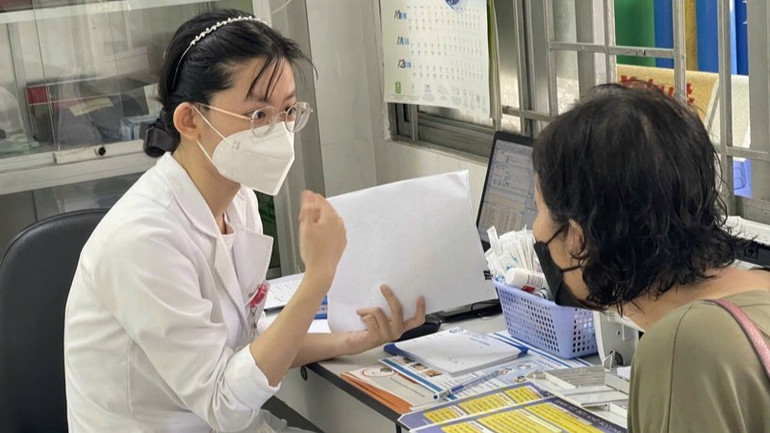
Ho Chi Minh City Center for Disease Control continues to closely coordinate with the World Health Organization and the University of Medicine and Pharmacy to provide technical support and expand implementation to new medical stations.
The initial results of the WHO PEN program are a testament to the effectiveness of the strategy of taking primary health care as the foundation for people's health care. The City Health Department affirms that, when properly invested, health stations will become a solid "gatekeeper" for the health system, protecting public health, reducing the burden of disease and future treatment costs.
In the context of the city's recent expansion of its administrative boundaries, replicating the non-communicable disease management model at the grassroots level is not only a medical solution but also a long-term social security strategy, ensuring that all people have access to quality, equitable and continuous health services.
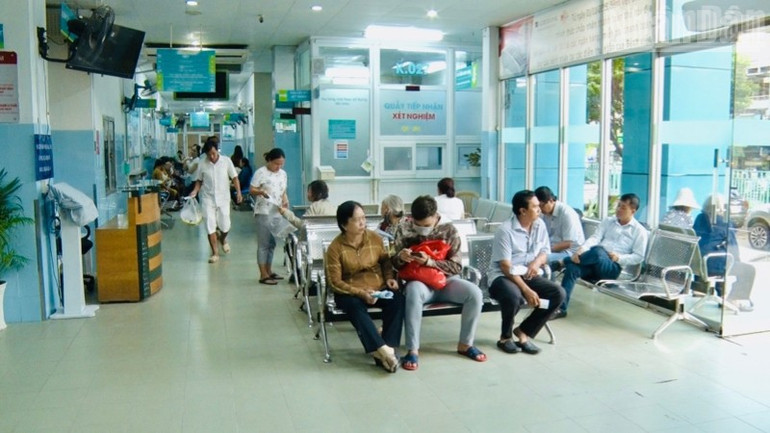
Source: https://nhandan.vn/no-luc-kiem-soat-benh-tang-huet-ap-va-dai-thao-duong-tu-tuyen-co-so-post909484.html


![[Photo] General Secretary To Lam attends the 50th anniversary of the founding of the Vietnam National Industry and Energy Group](https://vphoto.vietnam.vn/thumb/1200x675/vietnam/resource/IMAGE/2025/9/21/bb0920727d8f437887016d196b350dbf)
![[Photo] General Secretary To Lam presents the First Class Labor Medal to the Vietnam National Energy and Industry Group](https://vphoto.vietnam.vn/thumb/1200x675/vietnam/resource/IMAGE/2025/9/21/0ad2d50e1c274a55a3736500c5f262e5)












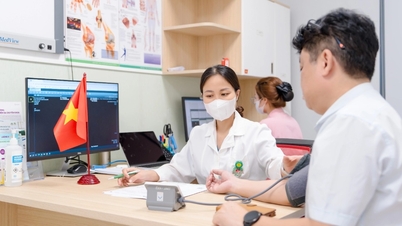





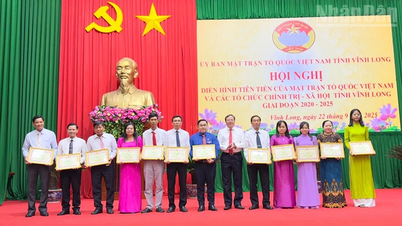

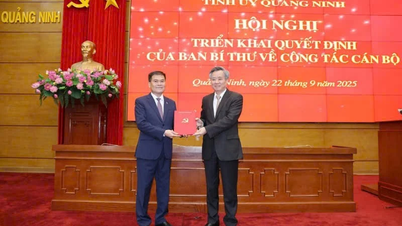

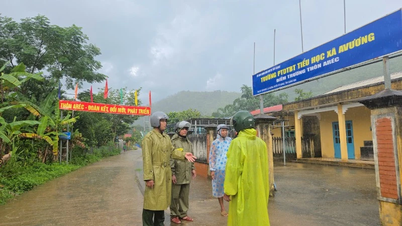

























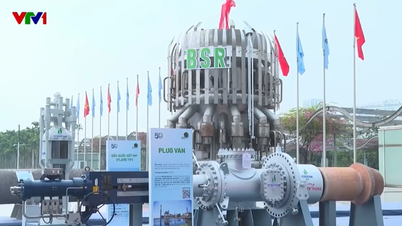





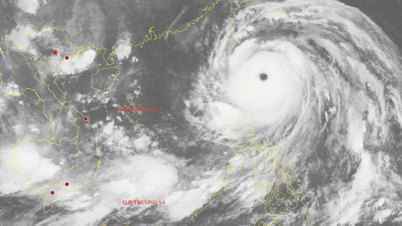










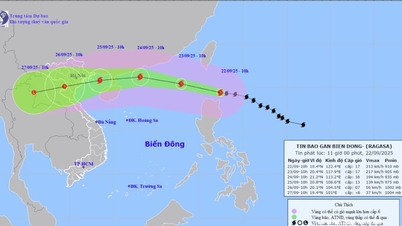


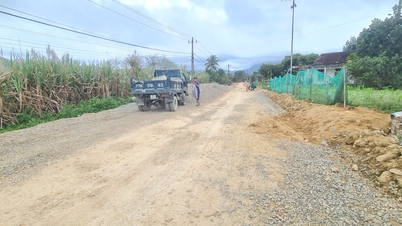















Comment (0)